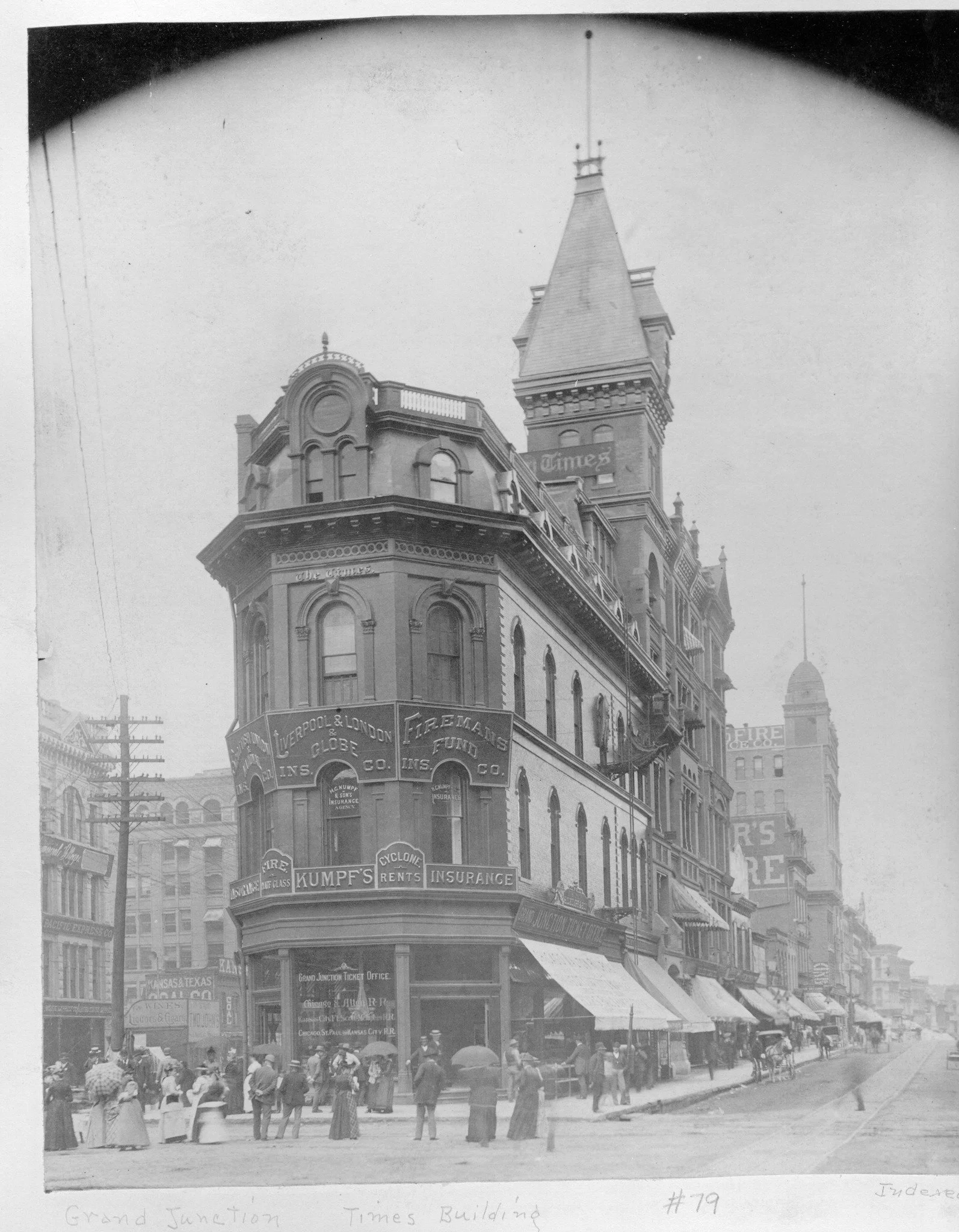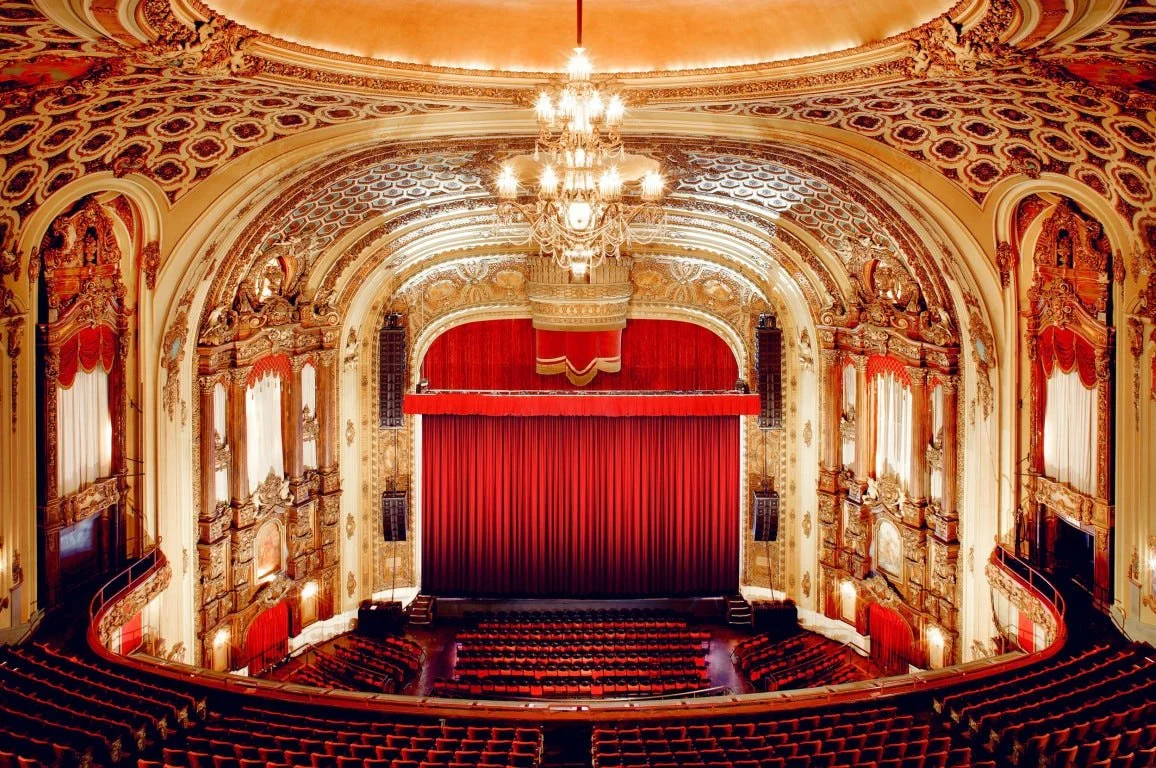Exploring the Forgotten Story of Imperial Brewing: A Glimpse into KC's Beer Legacy
Courtesy KCHistory.org.
The Imperial Brewing Company Building, dating back to 1902, stands as a striking reminder of Kansas City's illustrious "golden age of brewing" in the early and mid-20th century. Nestled in the Westside neighborhood, this architectural gem showcases a captivating blend of Victorian and Romanesque styles. Despite its storied past, the building has remained vacant for nearly half of its operational lifespan, and attempts to restore and repurpose it have faced obstacles.
Courtesy KCHistory.org.
In its early years as an organized city, Kansas City housed a mere two breweries, but by the turn of the century, the city's population surge gave birth to over 300 bustling saloons. To cater to the growing demand, large breweries like the Imperial Brewing Company emerged. Choosing a strategic location near rail lines, the company established its brewing complex in 1902. Within its walls, signature lagers such as Mayflower and Imperial Seal delighted beer enthusiasts.
The flagship brews from Imperial Brewing Co: Imperial Seal and Mayflower. Courtesy Dean Realty.
A pivotal development occurred in 1905 when the Kansas City Breweries Company absorbed Imperial, leading to an impressive increase in production capacity—soaring from an initial 50,000 barrels per year to a peak of 300,000 barrels annually.
1919: Pipe bridge across Turkey Creek in front of the Imperial Brewery. Courtesy KCHistory.org.
The arrival of Prohibition in the 1920s and early 1930s spelled doom for the legal alcohol industry. While clandestine activities thrived in the form of bootleggers and speakeasies, establishments like Imperial Brewery were forced to shutter or reinvent themselves by producing malt and other goods. In 1919, the building changed hands and became the property of the Seaboard Flour Co., a flour milling enterprise that held a vital role in the local grain industry. Unfortunately, the rest of the former complex, including an icehouse, fell victim to demolition during subsequent transitions.
Operating until the 1980s, the mill eventually ceased its operations, leaving the Imperial Brewing Company Building vacant. Over time, it suffered from the unwelcome presence of squatters, vandals, and a series of fires in 2012.
Courtesy Jeremy Theron Kirby.
As the sole surviving pre-Prohibition brewery in Kansas City, the structure holds immense historical value, prompting passionate preservationists to advocate for its restoration. Ideas have been proposed, such as transforming it into a hotel or retail space, but no concrete plans have materialized. Nevertheless, some members of the community perceive the dilapidated structure as a blight on their neighborhood, urging its demolition. For now, the destiny of this cherished landmark remains shrouded in uncertainty.
AbandonedMO.com has a tremendous gallery of 80+ present-day photos from the brewery:
Sign up for Stories from the City, the exclusive newsletter from kcyesterday.com with stories about the mafia, architecture, prohibition, sports, and everything in between.







